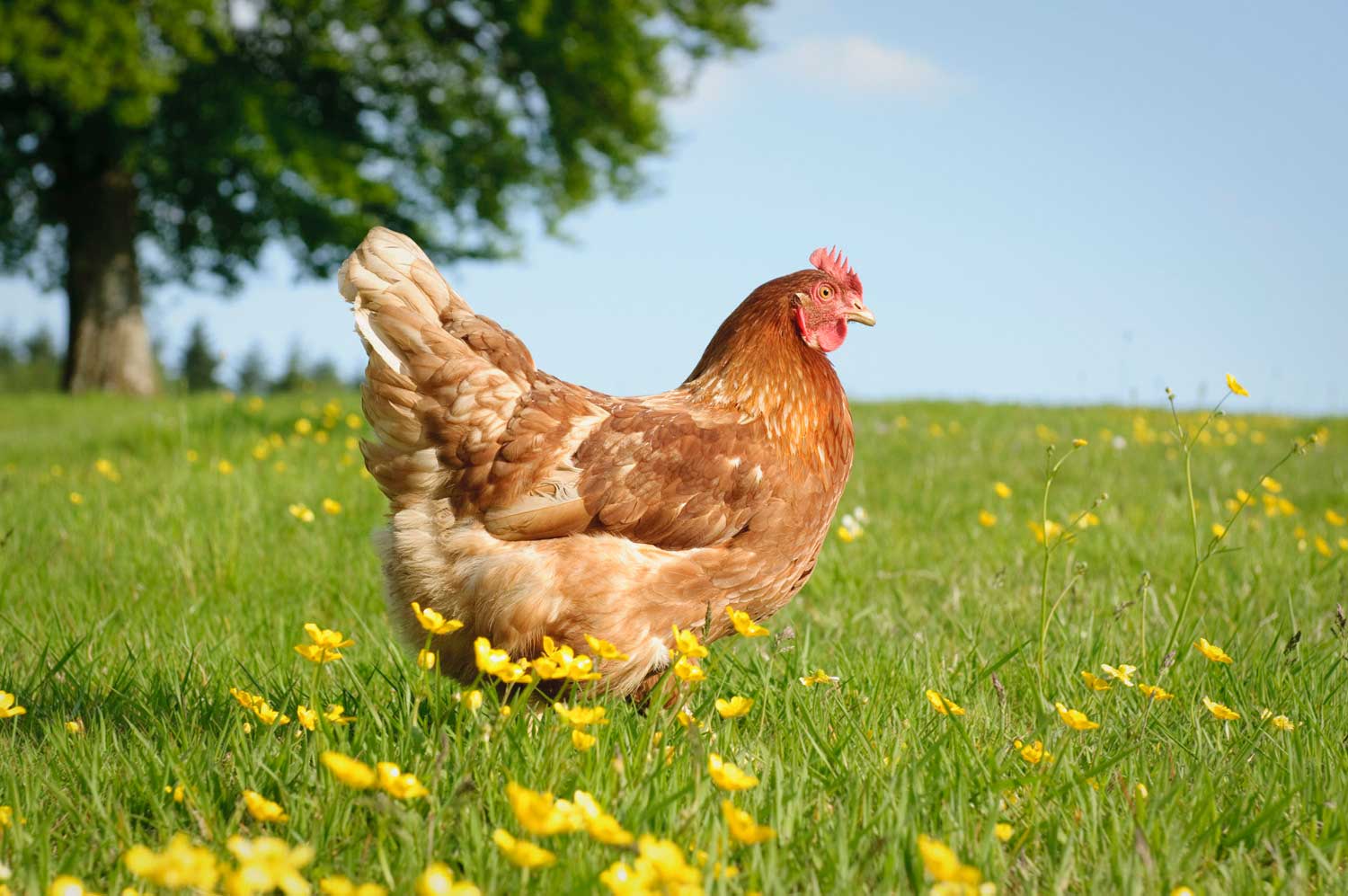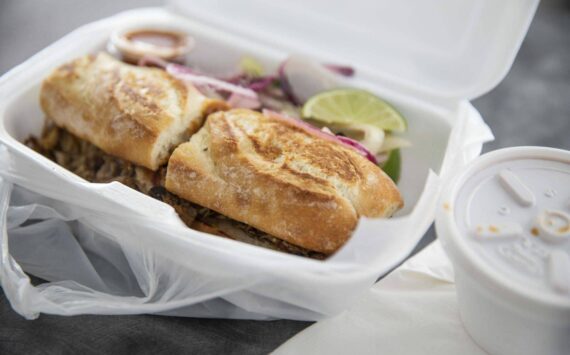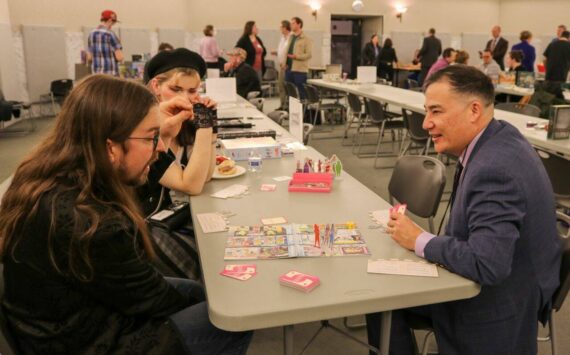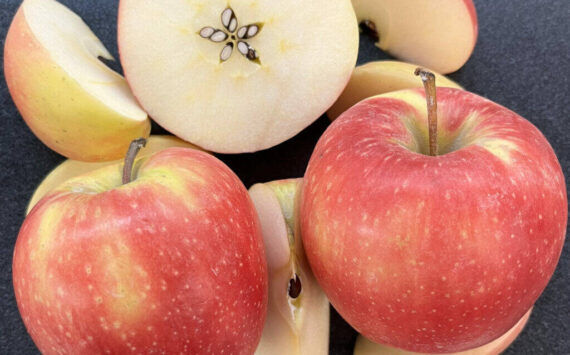Be careful when you snuggle that chicken
Four more cases of Salmonella illness linked to contact with backyard poultry were reported by Washington state health officials last week as part of a multistate outbreak under investigation by the U.S. Centers for Disease Control and Prevention.
With these four cases (including one each in Clallam, Island, Stevens, and Spokane counties), Washington’s updated outbreak total includes 20 cases so far this year. Washington cases in this outbreak range from 0-85 years old; two-thirds are female; eight cases have resulted in hospitalization.
In 2017, the year with the highest number of cases in Washington related to a national outbreak linked to backyard poultry, 23 such cases were reported.
“Salmonella can cause serious illness, and can spread from animals to people and from people to people,” said Hanna Oltean who investigates zoonotic disease (diseases carried by animals) for the Department of Health. “You can get the infection from a variety of sources, including eating or drinking contaminated food or water or touching infected animals and not washing your hands.”
While anyone can get a Salmonella infection, children are especially at risk of illness because they are less likely to wash their hands and have more frequent hand-to-mouth contact than adults.


Symptoms of Salmonella infection begin about one to three days after exposure and include diarrhea, fever, and stomach pain.
Owning backyard poultry can be a great experience. Anyone who owns backyard poultry should keep the following safety tips in mind:
Always wash hands with soap and water right after touching live poultry or anything in the area where they live and roam. Even healthy-looking chickens, ducks, geese, and turkeys can carry Salmonella bacteria.
Don’t snuggle or kiss live poultry or allow them in family living spaces.
Don’t eat or drink where poultry live or roam.
Adults should supervise young children when handling live poultry.
Call your health care provider if you or your child has a high fever, severe diarrhea, or other symptoms that concern you.
For more information on safe live poultry handling and the health risks associated with Salmonella, visit the DOH website.
– Washington State Department of Health








